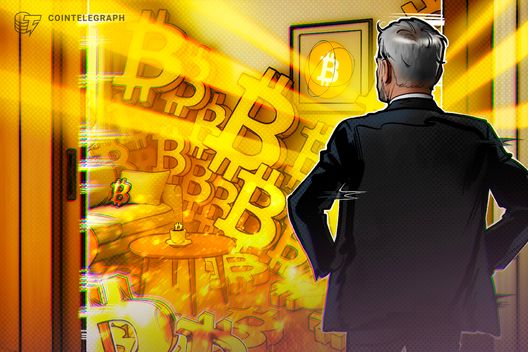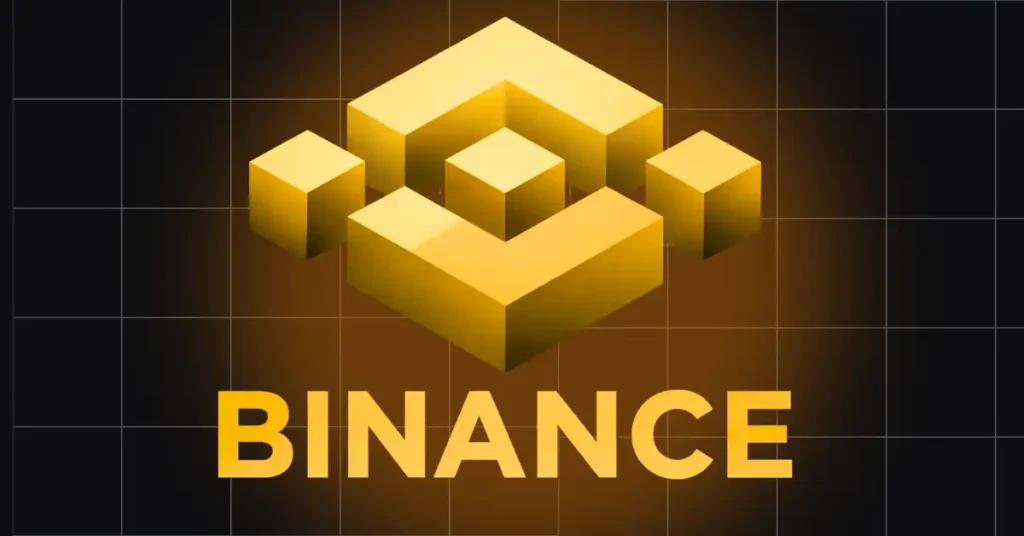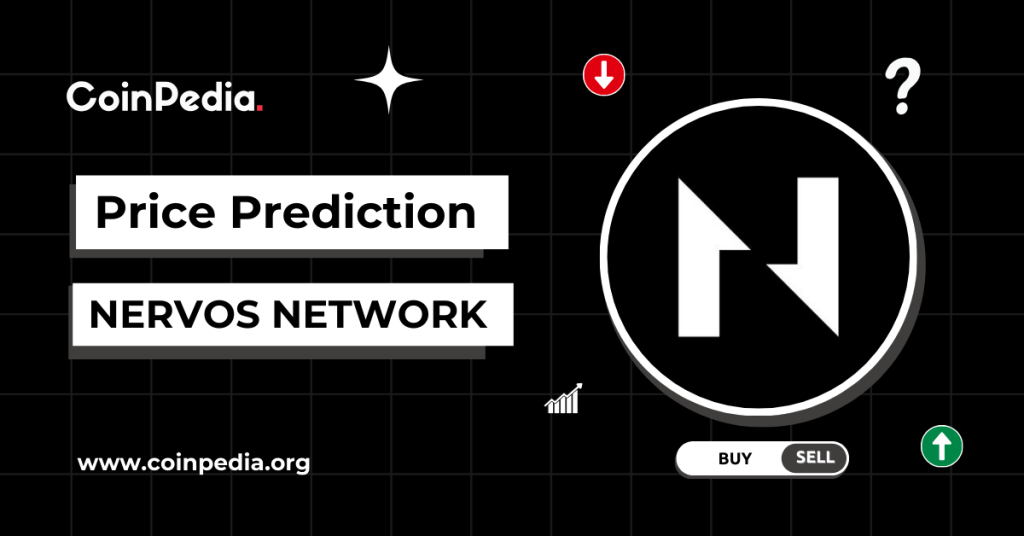The alliance between American Express and Ripple marks a significant milestone in the financial industry, underscoring the transformative potential of blockchain technology. This collaboration signifies a shift from blockchain experimentation to its practical application in financial services, enhancing the efficiency of cross-border transactions. Ripple’s technology, known for its speed, cost-effectiveness, and transparency, offers a valuable solution for banks and payment facilitators, making it a preferred choice for major financial institutions.
Why Did American Express Choose Ripple?
According to blockchain researcher SMQKE, American Express regularly uses Ripple’s blockchain infrastructure to optimize its transaction processes. Such integration points to blockchain’s evolution from a trial technology to a crucial component in real-world financial operations. American Express leverages Ripple’s system to achieve swifter settlements, reduce operational costs, and enhance transparency in international financial exchanges.
This adoption by a leading financial company aligns with Ripple’s long-held vision of creating a blockchain-centric financial network. By bringing established players like Amex into this ecosystem, it highlights blockchain’s shift from niche applications to a central place in global finance.
Is XRP Set to Surpass $2.50?
Market observer Innovator of Africa is positive about XRP‘s trajectory, predicting a breakout beyond the critical $2.50 mark. This prospect excites XRP stakeholders, raising hopes for a continued price rally.
The $2.50 level stands as a critical support zone for XRP, offering investors a strategic entry point. While the cryptocurrency is consolidating at this threshold, a decisive breach could trigger rapid upward movement. At the time of analysis, XRP is priced at $2.45 according to CoinGecko.
Several strategic advancements, including collaborations with European fintech firms and the expansion of services beyond the U.S., bolster this favorable outlook. The introduction of instant transfers to the Philippines by SBI Remit via RippleNet further supports the network’s appeal.
American Express’s engagement with Ripple reiterates blockchain’s lasting role in finance. Traditional financial entities are transitioning from observation to active integration of blockchain solutions. While such partnerships may influence XRP’s market value, stakeholders should also consider regulatory landscapes and broader market trends.
Key points emerging from this development demonstrate the tangible benefits of blockchain: enhanced transaction speed, reduced costs, improved transparency, increased acceptance by major financial entities, and the fostering of global financial networks.
As blockchain technology gains traction, its impact on financial structures reflects broader acceptance and integration. This partnership symbolizes a critical step toward a digitally-driven financial future, supported by cutting-edge technology.
Disclaimer: The information contained in this article does not constitute investment advice. Investors should be aware that cryptocurrencies carry high volatility and therefore risk, and should conduct their own research.















 English (US)
English (US)